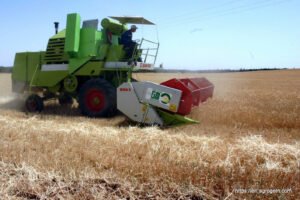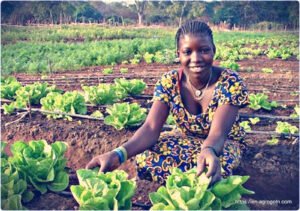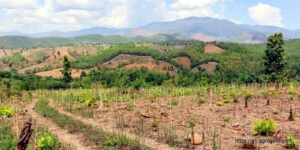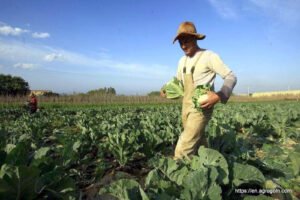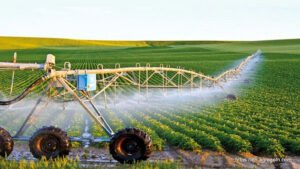Agriculture Education in Algeria: A Comprehensive Overview. As a counternutation Algeria, the largest country on the African continent, and the tenth-largest in the world, possesses an agricultural heritage that stretches back centuries. The fertile coastal plain in the country’s north, framed by the Atlas Mountains and fed by the waters of the Mediterranean, has long provided for a diverse range of crops. Meanwhile, the vast, challenging expanse of the Sahara has bred generations of pastoralists and date farmers.
In recent decades, Algeria’s agricultural sector has experienced a resurgence, with increased recognition of its importance for food security, economic growth, and rural development. Integral to this resurgence is agriculture education, which plays a vital role in building human capital, fostering innovation, and driving the sustainable development of the sector.
Table of Contents
Agriculture Education in Algeria
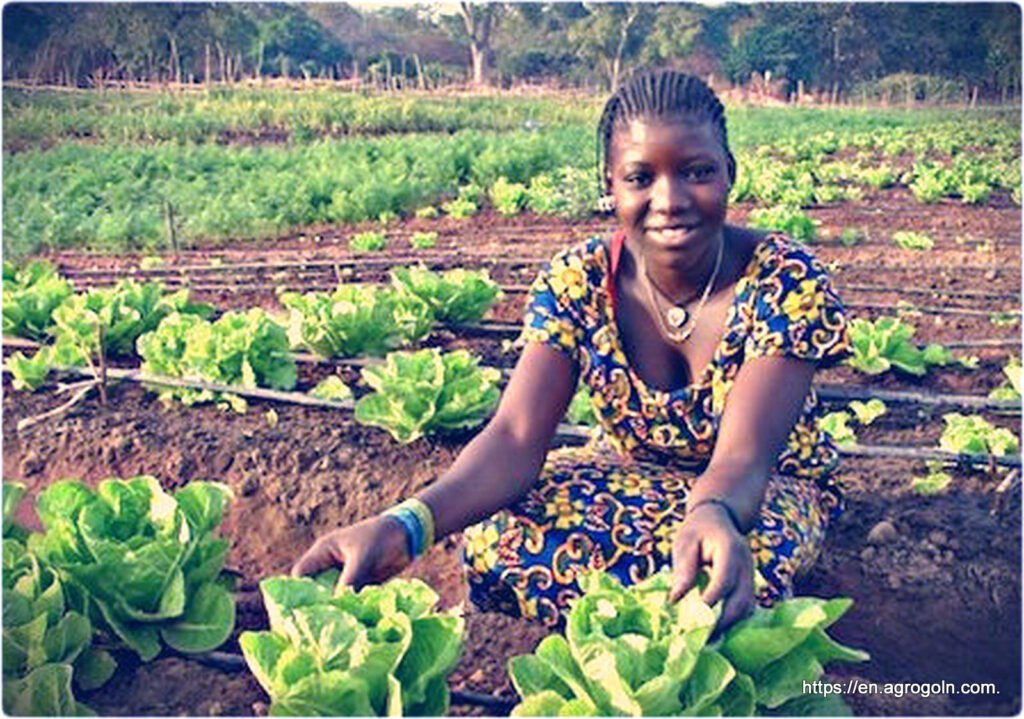
Agricultural Education System in Algeria
The agricultural education system in Algeria spans from secondary to tertiary levels. Secondary education focuses on the basics of agriculture, equipping students with practical skills and knowledge about farming, animal husbandry, and the use of modern agricultural machinery. At the tertiary level, agricultural education is offered through a variety of courses and degree programs at institutions such as the Higher National Agronomic School (ENSA) and universities throughout the country.
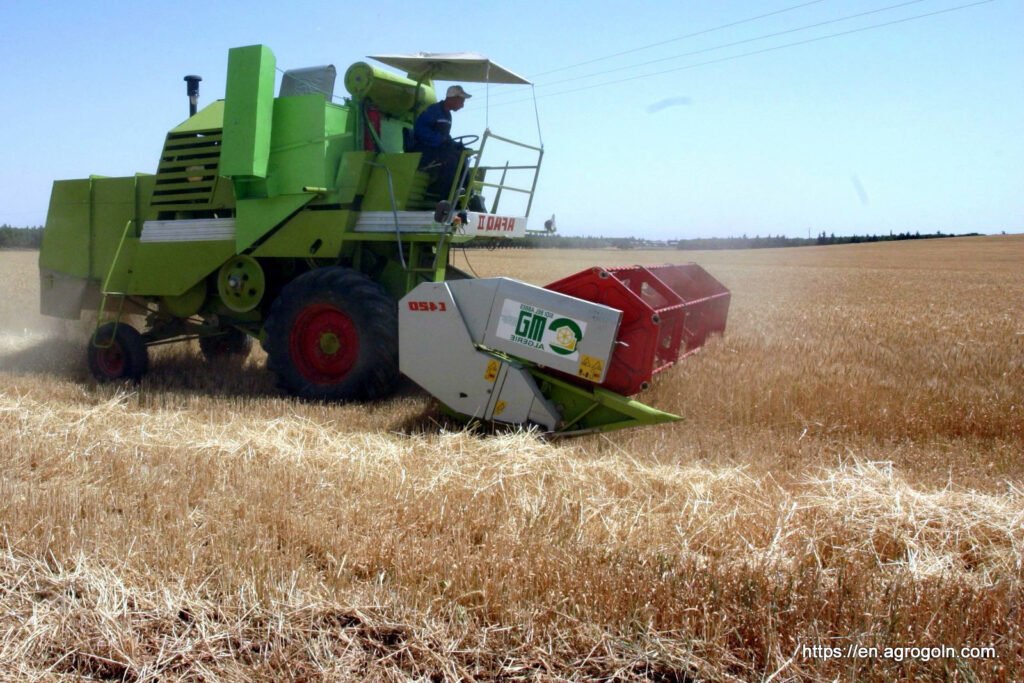
Agricultural Curriculum and Training in Algeria
The curriculum in agricultural education programs covers a broad range of topics. Fundamental subjects include soil science, plant biology, agricultural chemistry, and animal physiology. But the curriculum goes beyond the basics to cover topics such as agricultural economics, agribusiness management, sustainable agriculture, and rural development. The aim is to provide a comprehensive understanding of the entire agricultural value chain, from farm to table.
Beyond classroom instruction, practical training forms an essential part of agricultural education. This training can take place on campus farms, where students gain hands-on experience in crop cultivation, livestock rearing, and farm management. Moreover, internships and field visits to commercial farms and agricultural businesses allow students to observe modern agricultural practices and technologies in action, and to understand the real-world challenges and opportunities in Algeria’s agricultural sector.
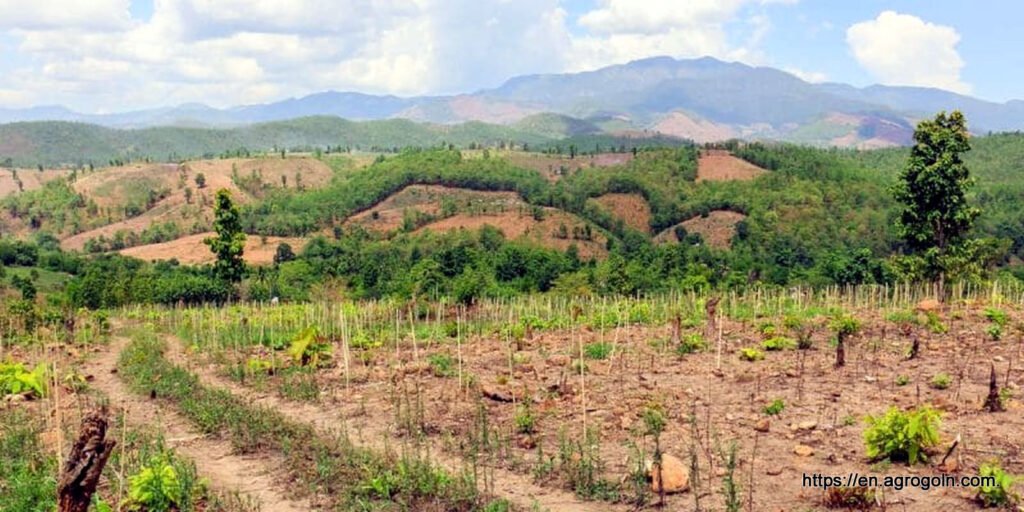
Agricultural Research and Innovation in Algeria
Research and innovation are key components of agricultural education in Algeria. Research institutions and universities are conducting advanced research into a range of areas, from crop genetics and pest management to sustainable farming practices and climate change adaptation. For instance, the National Institute for Agricultural Research (INRAA) carries out research aimed at improving agricultural productivity and sustainability. Students are often involved in these research activities, providing them with the opportunity to contribute to knowledge creation and innovation in agriculture.

Agricultural Challenges and Opportunities in Algeria
While Algeria has made significant progress in agricultural education, challenges remain. One challenge is the need to continually update the curriculum and training programs to keep pace with advancements in agricultural science and technology. Additionally, more efforts are needed to foster stronger linkages between education, research, and industry. Ensuring that research findings are effectively translated into practical applications on the farm, and that industry needs inform education and research, is vital for the development of the sector.
On the other hand, opportunities abound. The growing global demand for food and the increasing recognition of the importance of sustainable agriculture present opportunities for graduates of agricultural education programs. Moreover, the Algerian government’s ongoing efforts to diversify the economy and enhance food security provide a supportive environment for the growth and development of the agricultural sector.
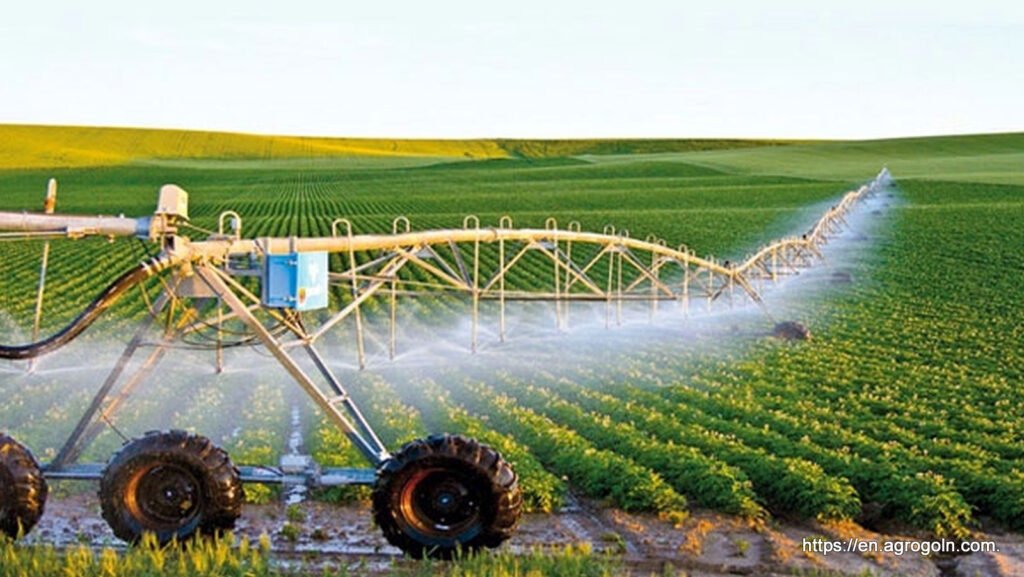
The Future of Agricultural Education in Algeria
Looking ahead, the future of agricultural education in Algeria is promising. The sector will likely continue to evolve in response to global trends and local needs. Technological advancements, such as precision agriculture, agtech, and digital farming, will become increasingly integrated into the curriculum and training programs. Greater emphasis will also likely be placed on sustainable and climate-smart agriculture, in line with global efforts to combat climate change and promote sustainability.
In conclusion, agricultural education plays a crucial role in Algeria’s agricultural sector and broader socio-economic development. It equips individuals with the knowledge and skills needed to improve agricultural productivity and sustainability, drive innovation, and contribute to rural development. While challenges exist, the future holds much promise. With continued investment and innovation in agricultural education, Algeria can harness the full potential of its agricultural sector, and make a significant contribution to global food security and sustainability.
See more:
Algeria Agriculture Gallery:

